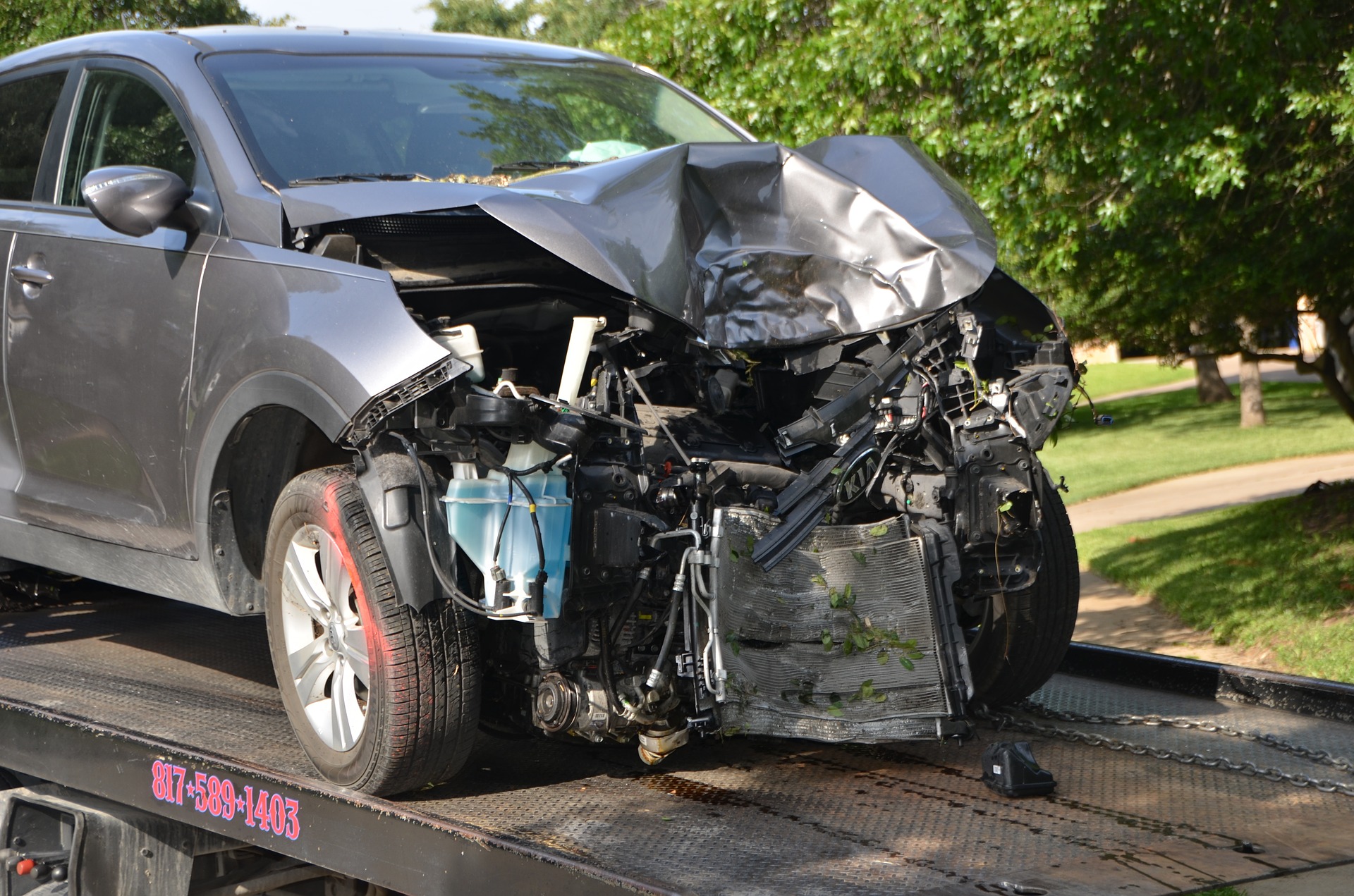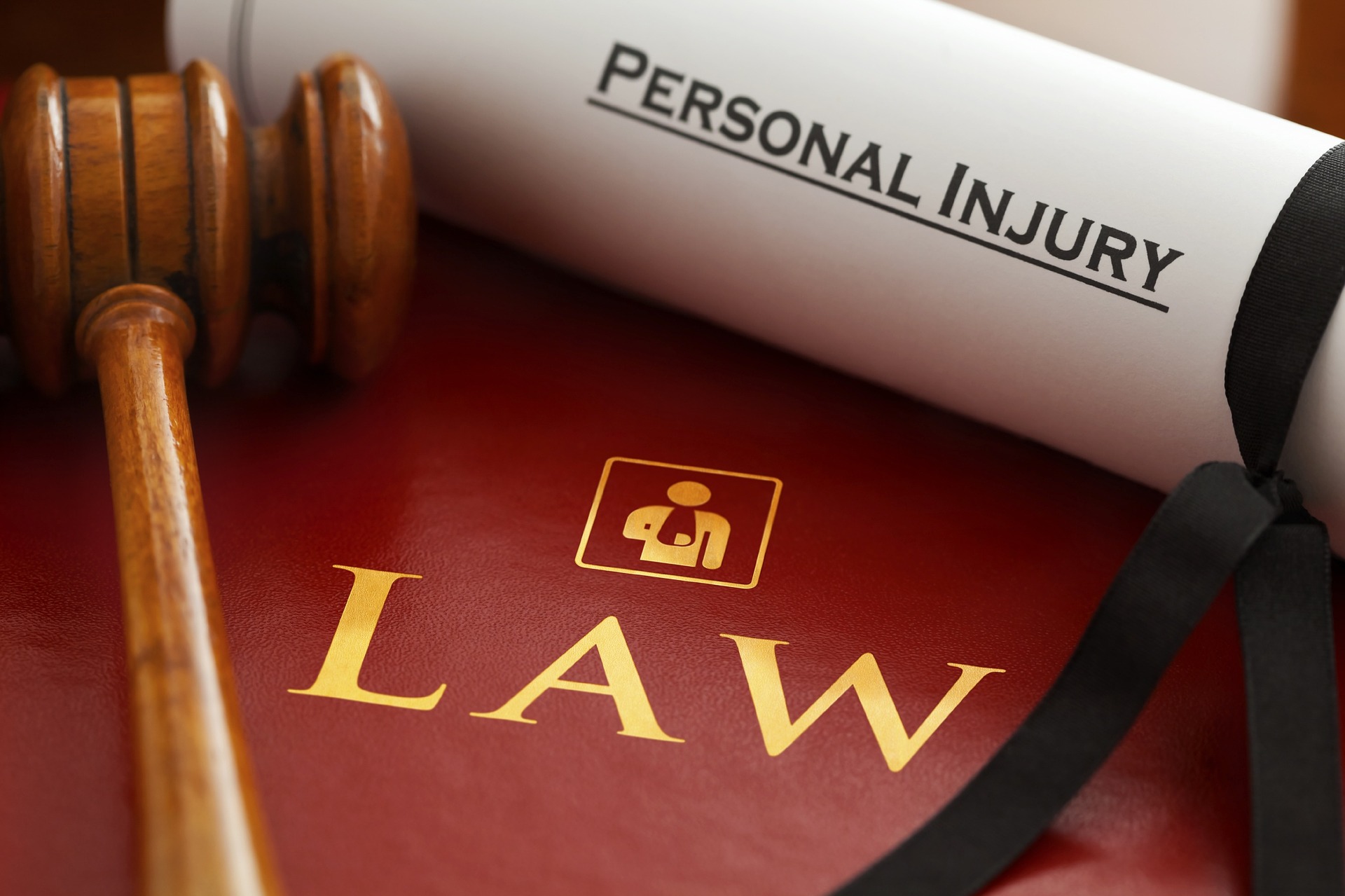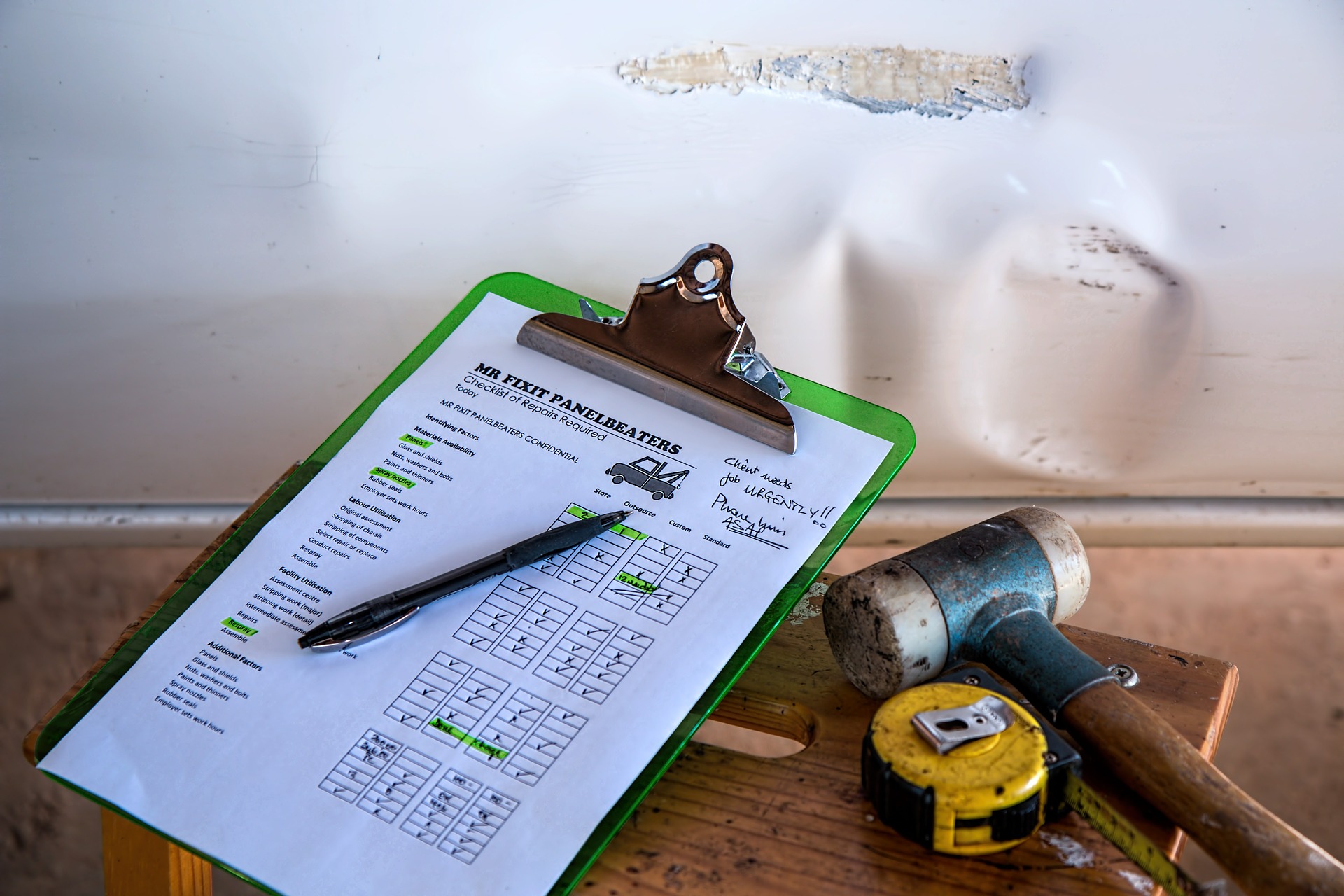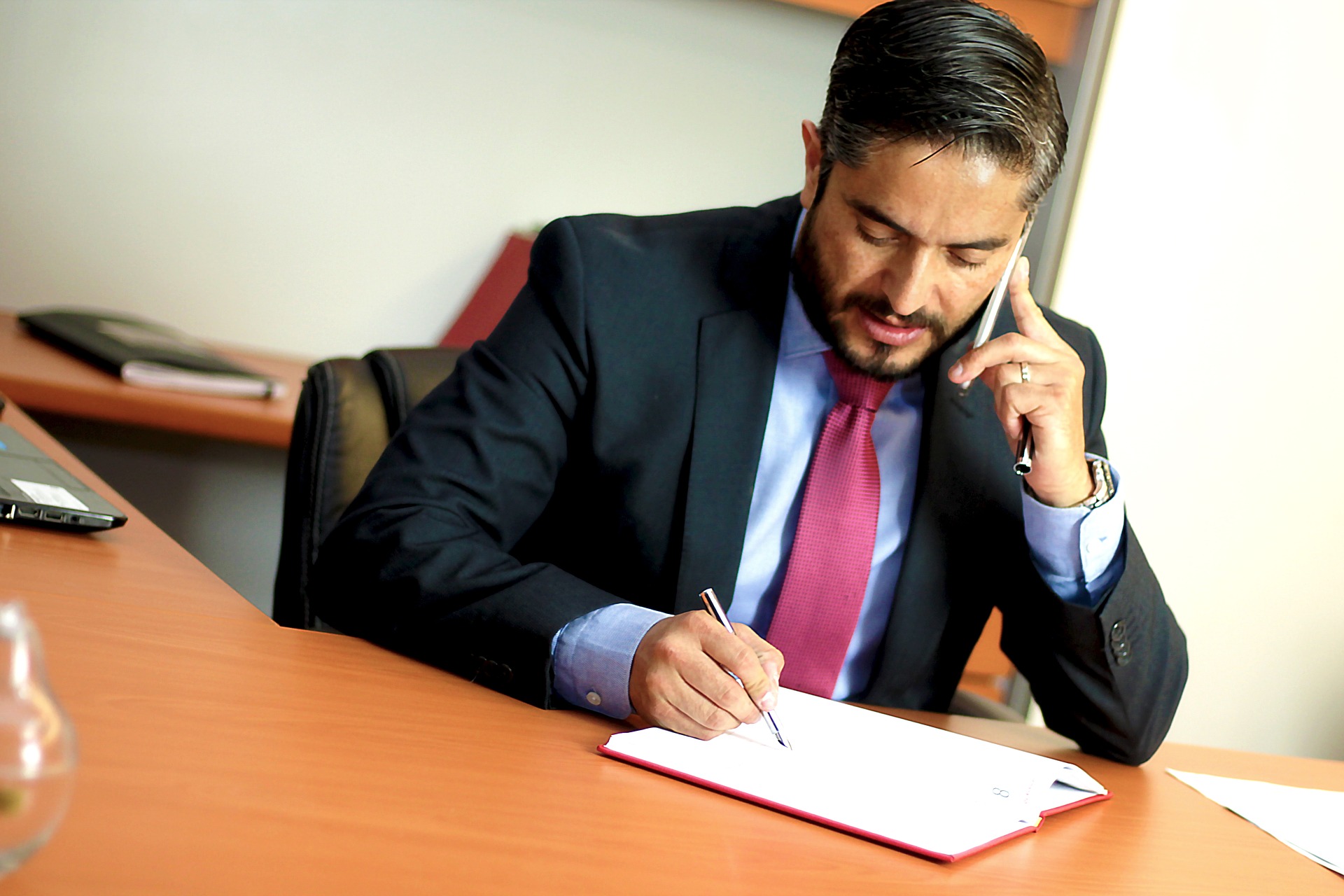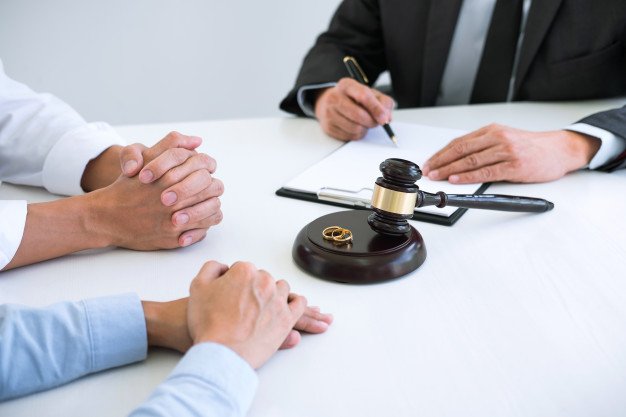An excellent lawyer can make the difference between winning a huge settlement and accepting a meager one. Car accident victims need an outstanding attorney to ease the burden of the lengthy legal process.
You should look for someone who is trustworthy and who can assist you in attaining justice for the damages inflicted upon you.
Here are a few tips to help you find the best car accident lawyer:
Contents
1. Look for Experts in Personal Injury Law:
Personal injury law is complex so you should look for a lawyer who specializes in this particular field.
Experts like the team at https://www.legacycaraccidentlawyers.com/ are familiar with the specific rules and practices in this civil lawsuit. They know that most car accidents are caused by negligence and will work hard to be a champion of your rights.
Some traits that you should look for in a personal injury lawyer are:
- Trustworthiness – An exemplary attorney must be reliable enough for you to share all the details of your case, even the sensitive ones so that they can help you win.
- Compassion – The lawyer who you should work with must be able to empathize with you and understand how the car accident has drastically impaired your quality of life.
- Meticulous – You must search for a legal counsel who will thoroughly prepare your case before presenting it to the judge and jury. They must be knowledgeable about the medical terms and diagnoses regarding your injury.
3. Get Reliable Referrals:
Obtain recommendations from people you trust, like family and friends. If they went through the same case as you, ask them who they turned to for help. Lawyer relatives and friends are also valuable sources of information since they have connections to people in the legal industry — they know who can help you.
Other referral sources include:
- Lawyer Referral Services – You can contact local firms that refer potential clients to State Bar-certified lawyers as a service. They will interview you about your case and match you with experts in that particular area.
- Client-Attorney Matching Services – They are different from the services above since you get to choose the lawyer that you want to work with through a bid. They bid in the form of consultations.
- Internet – Browse online for attorneys who specialize in car accidents. Check online comments and reviews on their performance and how they interacted with previous clients.
- Legal Aid Agencies – Depending on the severity of your case and your income, you can look to free aid from organizations that offer legal services programs.
3. Check Their Track Record:
Opt for an attorney who can courageously take your case to court if necessary. Some lawyers say they want to bring you justice, but won’t help you get a large settlement for the damages you acquired after a car accident.
They expend little effort in fighting back against insurance companies who are persistent in offering you a pittance for your injuries. Look for someone who is passionate about fighting for your rights and have a proven history of winning verdicts and settlements.
4. Contact Their Previous Clients:
An attorney who has nothing to hide will not be afraid when you ask them to contact their previous clients. If a car accident lawyer shows hesitation when you request to speak with people they’ve represented in the past, that’s a red flag. It means that they may not have done an outstanding job for those clients.
5. Conduct Lawyer Comparison Shopping:
Just like buying gadgets, you compare the prices and specs of various devices before settling in for the one you’ll actually buy. The same way goes in looking for a remarkable car accident lawyer.
Create a list of potential lawyers and ask them some questions concerning your case. Write down and assess their answers to help you decide on which attorney to work with.
These are some questions you should ask potential lawyers:
- How many similar cases have you handled?
- When did you last handle a similar case? How did it turn out?
- Will you be the one representing me or will it be someone from your team?
- What is the estimated duration of this case?
- Do you work on an hourly rate or contingency basis?
- Have you ever been disciplined by legal or ethics committees before?
Conclusion:
Some attorneys want personal injury cases to be over and done, which means that they may pressure you to accept a meager compensation for damages. An excellent car accident lawyer would gauge the situation and know the amount you should be compensated for, which will cover your medical expenses and other costs.
Read Also:













